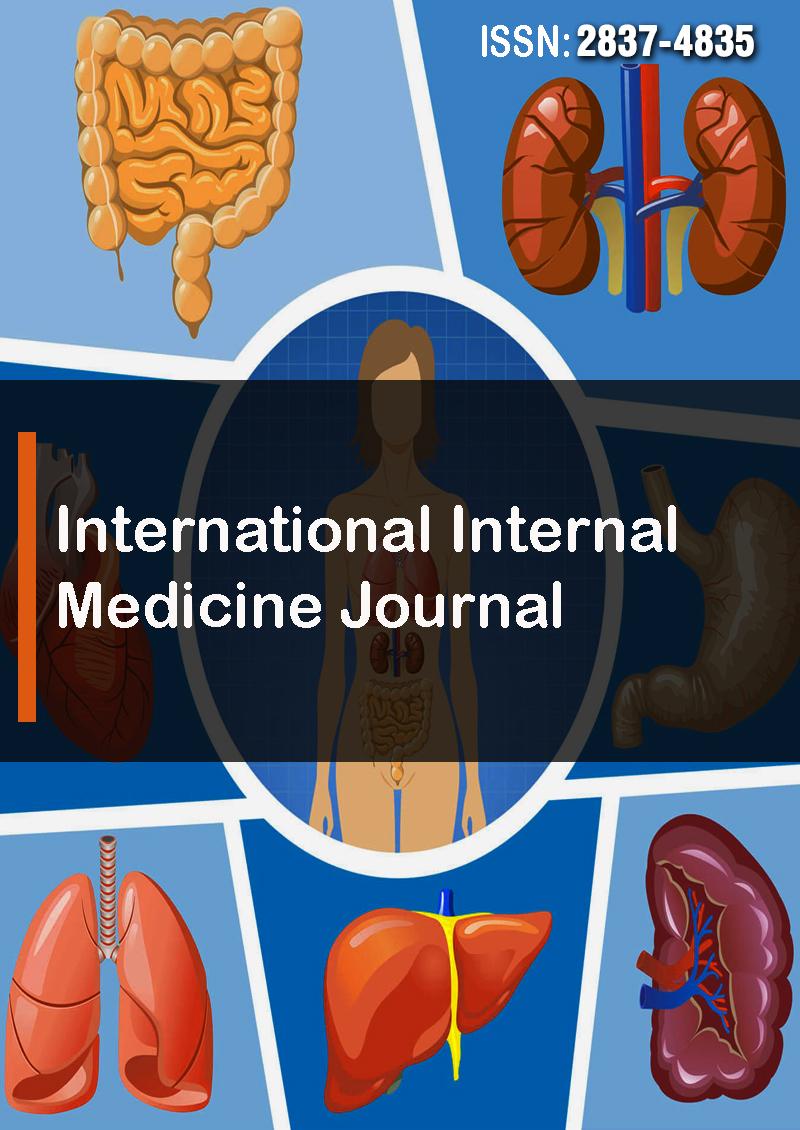The Impact of Financial Development on Poverty, Growth and Inequality in Ethiopia
Abstract
Amanuel Della
To understand the full picture of multidimensional effect of financial development, simultaneously evaluating it through growth- inequality-poverty triangle is very critical and one step ahead of traditional frameworks. This study examined the impact of financial development on poverty, growth and inequality in Ethiopia by taking into account simultaneous effects of time series data used with simultaneous equation model for the period of 1991 to 2019 as there was economic policy change in 1991. The finding shows, first, the direct impact of financial development on poverty reduction increases the proportion of population living below the national poverty line. Second, the indirect impact of financial development on poverty reduction lift up the poor through economic growth and income distribution. Third, indirect effect is pro-poor and trickle-down hypothesis firmly supported. Fourth, a strong financial institution plays a crucial role in improving the wellbeing of the poor. Fifth, Kuznets’ inverted-U theory that is explaining the average income and inequality in long run is not robust and the model is unverified. Finally, there is a long run cointegration relationship between financial development and poverty reduction. Therefore, it is concluded that financial development plays a significant role on poverty reduction both in short and long run mainly through the indirect channel of economic growth and income distribution. The government shall design a compulsory pro-poor public policy inquiring financial institutions to allocate certain percentage of loan to poor, SMEs and informal sectors. Ultimately, it will help to promote inclusive financial system and ultimately enhance innovation, productivity and industrial development.



